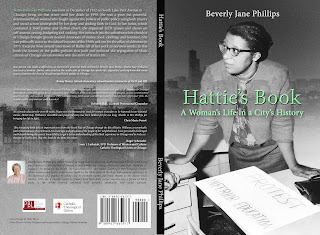A Little Bit about Scholarly Sustainability Conference in NYC
Here I am at LaGuardia (well, I was when I started this—two weeks ago!), just having left the ITHAKA Scholarly Sustainability conference. The topic this year was discovery. I find new ways of discovery very interesting and realize that for scholarly material to be sustainable, it must be discoverable, but I have to say that is not where my interest really lies. However, I did learn several really cool new things. JSTOR is working on mobile that looks like it will have great functionality; and also, of high interest to me, they are piloting Alumni access. I am totally pumped about this—our student body and alums are so global—they work in places where they really do not have other recourse to access (JSTOR is becoming available at more public libraries, so many alums can get access that way). Further, JSTOR will be adding search notifications soon! For my theological librarian colleagues, in case you missed the announcement, JSTOR has made special arrangements for ATLA members and it is way more affordable than it used to be. Take a look!
Stephen Rhind-Tutt of Alexander Street Press spoke about how their products give added value by providing so much metadata and other bonuses, such as transcriptions of videos, so that they are full-text searchable. I have been impressed with their databases each time I have heard him speak, and we might think about getting the Ethnographic Video Collection. A really interesting session focused on ‘start-ups,’ three ‘reader referral’ projects that are relatively new—Goodreads (which I use), Mendeley, and Eigenfactor. Mendeley is a fascinating project that seems to me to step on the toes of Zotero (we are heavy users and fans of Zotero here), but the Mendeley website seems to indicate that one might want to use both and can sync with it. I need to spend more time with both because listening to Jan Reichelt, a founder of Mendeley, I could see how it could outdo Zotero in no time.
One thing that I really admire about Google—they change all the time. Today I am feeling so frustrated at the pace of change with catalogs, resources moving to open access and the like. Google makes changes constantly. They don’t test an idea for two years, then let a couple of libraries check it out to see if it works, then cautiously let a few more know. They make the change and see what happens. People don’t even often recognize the changes because they are so incremental. Why don’t we do that as libraries!I just read a post on NGC4LIB that VuFind has created a new "roadmap." One of the items on roadmap is this: "Establish periodic 2-3 week rapid build or sprint cycles (e.g. every six months) focused on specific new features and functions and recruit developers to portion out this work and collaborate to deliver enhanced software by the cycle end date." Sounds good to me.



Comments
Post a Comment